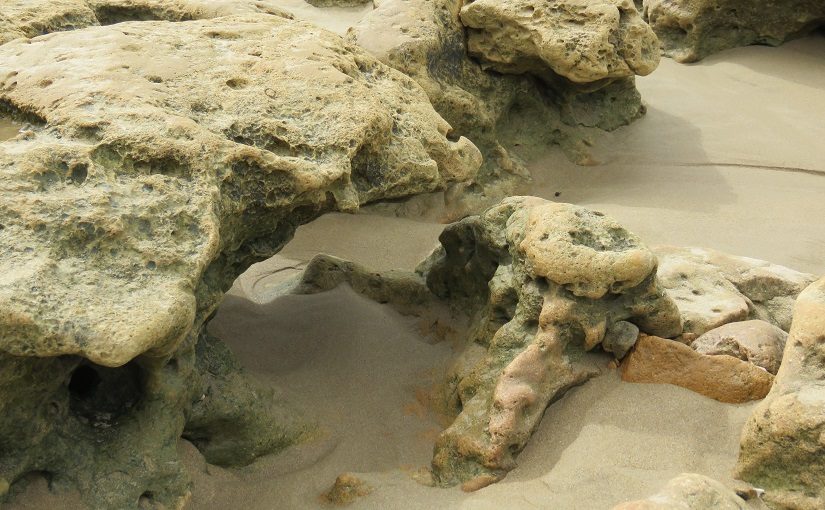In many ways, don’t the stories we hear shape us? Becoming the characters, events, words, places and moods that populate our inner landscapes of meaning. Drawing us together with those who share our narratives, perhaps having crafted their lives or sense of self around whichever elements resonated most with their own storylines or struggles. (Notes One)
Almost as if these imaginary worlds spun around our heads draw us in to let us become part of them, then blend back into “reality” through our identification with and discussion of them. Becoming part of “our” world through our affinity with and embodiment of them, perhaps? We follow their lead, adopting certain appearances, attitudes, beliefs, assumptions or behaviours based upon the example they’ve offered us.
It’s one of these strange questions: what do we “get” from culture, from the stories it tells us? Is this escapism, as the storyteller weaves the elements of reality into some reassuring, neatly resolved form we can travel along with to a worthwhile destination? Is this a form of education, as we experience versions of life from others perspectives, real or imaginary, by seeing through different eyes? (Notes Two)
If it’s drawing from reality as much as feeding back into it, is this a process of society reflecting upon itself and exploring its options? That we would all contemplate these versions of reality and decide for ourselves which paths we’ll take in response. A sort of digestive process running alongside our collective existence; mulling over the details of our lives to separate the essential from all the rest.
Whether we’re talking about cultural life itself or the more everyday commentary of the media, isn’t it all telling us about our world? Showing us what’s admirable or deplorable; hoping that we’re able to tell the difference. This more or less symbolic overlay that takes the elements of “life” and recasts them in a different light to offer us greater clarity over how to read, evaluate and respond to all we see around us.
And it seems like the ideas we have in mind must make a difference (Notes Three). Don’t we interpret everything we meet in the light of whatever overarching sense of meaning we’ve established so far? The stories of childhood, education, history, culture and everyday life effectively forging some sort of personal picture of what life is, what it means, what matters, how we should approach it, and so forth.
What, then, are those pictures? Between all the voices telling us countless stories over the years, what picture’s that going to have created in each individual’s mind? And, how well are they blending back into reality through the choices we’re making in response? Where earlier societies had fairly consistent, firmly held, closely monitored stories and practices holding them together, we now have such incredible freedom (Notes Four).
If the stories we hear and conclusions we draw from them are serving to inform who and how we are in life, what are we to make of that opportunity?
Notes and References:
Note 1: Stories that bind us
Note 1: Culture as what we relate to
Note 1: Definition, expression & interpretation
Note 1: Living your life through a song
Note 2: What’s the idea with culture?
Note 2: Culture as reflection
Note 3: The sense of having a worldview
Note 3: Culture as information
Note 3: Visual language and spaces
Note 3: Shaping the buildings that shape us
Note 3: Passing on what’s important
Note 4: Making things up as we go along
Note 4: Plato & “The Republic”
Note 4: Culture as a conversation across time

